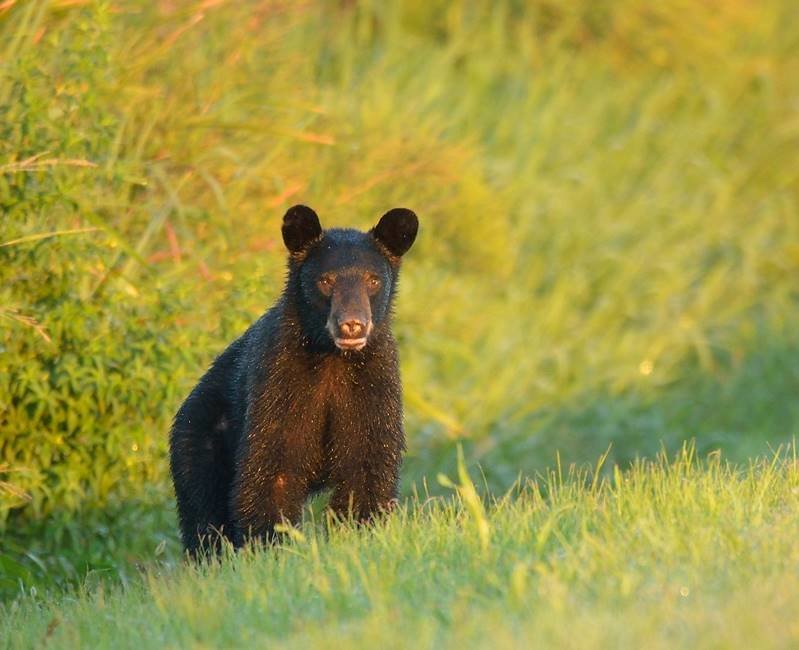SJRWMD: Please don’t pick the berries
Conservation group reminds visitors it’s illegal to pick saw palmetto berries
CLAY COUNTY – There are a lot of “dos” when visiting public lands owned and managed by the St. Johns River Water Management District, like: do take your time to enjoy natural Florida, do take …
This item is available in full to subscribers.
Attention subscribers
To continue reading, you will need to either log in to your subscriber account, or purchase a new subscription.
If you are a current print subscriber, you can set up a free website account and connect your subscription to it by clicking here.
If you are a digital subscriber with an active, online-only subscription then you already have an account here. Just reset your password if you've not yet logged in to your account on this new site.
Otherwise, click here to view your options for subscribing.
Please log in to continueDon't have an ID?Print subscribersIf you're a print subscriber, but do not yet have an online account, click here to create one. Non-subscribersClick here to see your options for subscribing. Single day passYou also have the option of purchasing 24 hours of access, for $1.00. Click here to purchase a single day pass. |
SJRWMD: Please don’t pick the berries
Conservation group reminds visitors it’s illegal to pick saw palmetto berries
CLAY COUNTY – There are a lot of “dos” when visiting public lands owned and managed by the St. Johns River Water Management District, like: do take your time to enjoy natural Florida, do take drinking water and insect repellent, do hike or bike and take advantage of the unspoiled acres.
However, with saw palmetto berry season in full swing, the District wants to remind visitors of an important “don’t.” Harvesting saw palmetto berries, critical to the survival of many native wildlife species, is prohibited on public properties across Florida, including the District’s conservation lands.
“While District lands were purchased for their water resource protection values, these public lands also provide Florida black bears and other wildlife with food, habitat and refuge,” said St. Johns River Water Management District Executive Director Dr. Ann Shortelle.
The District owns and manages about 782,000 acres of public conservation land, which helps protect and preserve water resources and provides the community with passive recreation opportunities. Black Creek Ravines and Bayard conservation areas are just two of the District’s public conservation areas.
August through October is the harvest season for saw palmetto berries. In recent years, poaching has become a bigger problem as the demand for the berries for pharmaceutical and herbal supplements has increased.
“Saw palmetto berries grow wild in Florida and the southeast United States and are critical to the survival of many native wildlife species, particularly the Florida black bear,” said Brian Emanuel, chief of the District’s Bureau of Land Resources. “Unfettered harvesting of berries from public lands removes a food source important to bears as well as other species of wildlife. Poaching on District lands also can lead to property damage, so we take enforcement activities very seriously.”
Report the illegal harvest of saw palmetto berries to the Florida Fish and Wildlife Conservation Commission at its 24-hour hotline for wildlife and other environmental and boating violations, 888-404-FWCC (3922).








